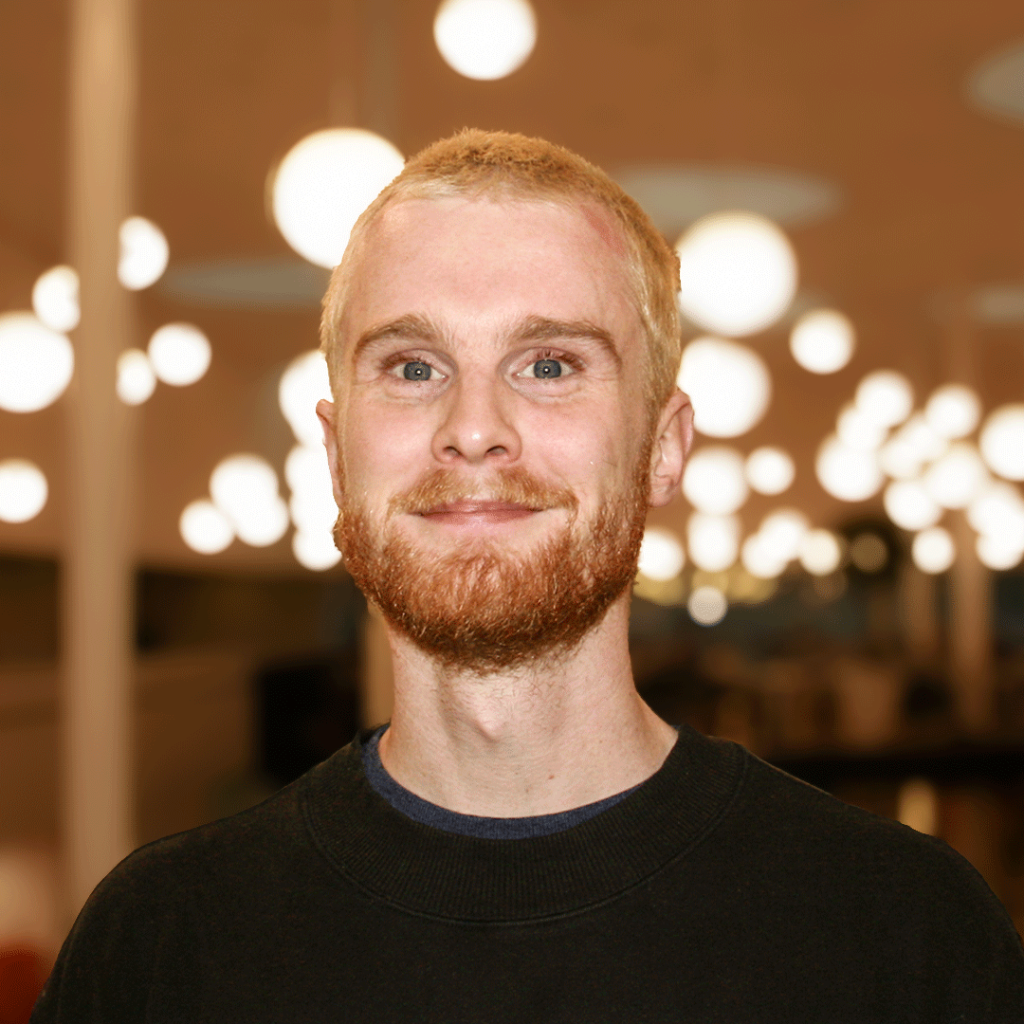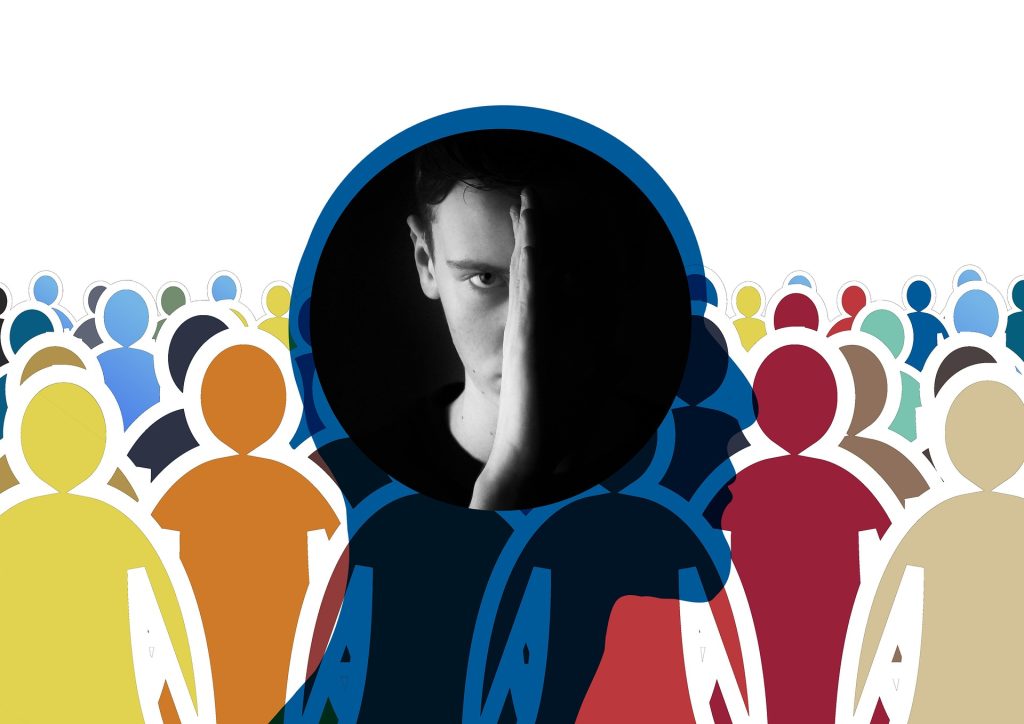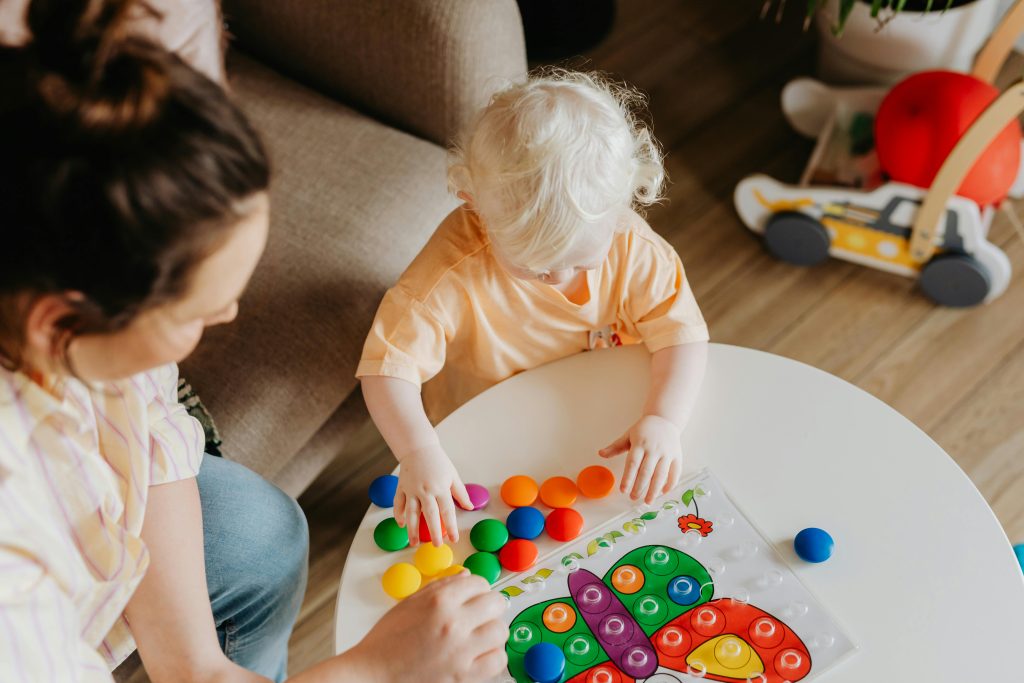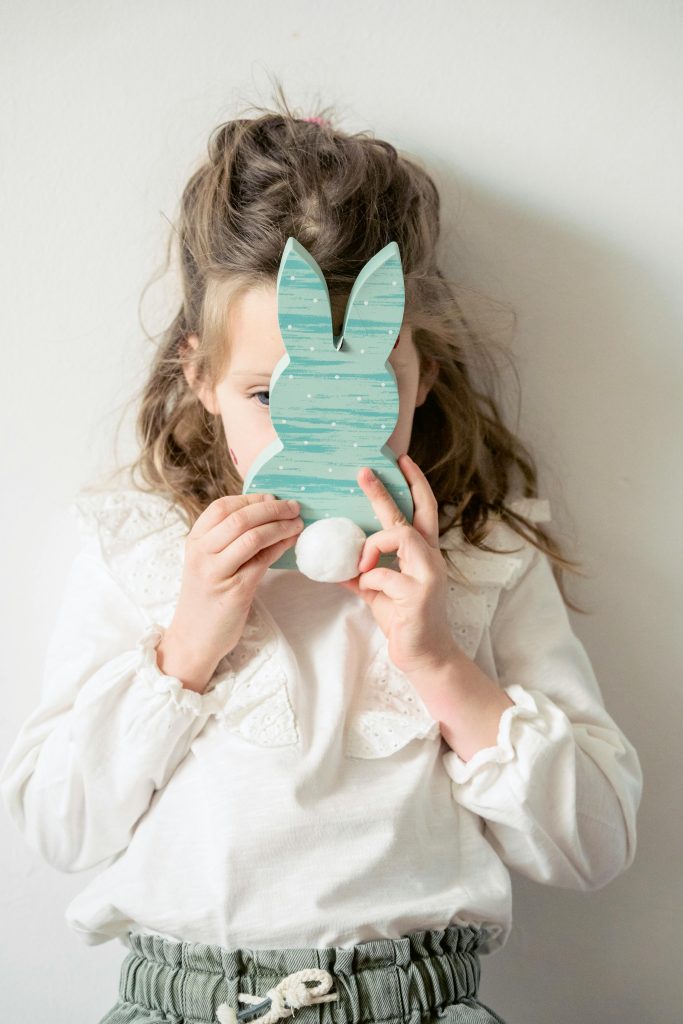What we (don’t) say with emotions around the world

Everyone has emotions – regardless of your age, gender, or cultural background. Facial expressions form a kind of language that we can use to share our emotions with others, but is this language the same across the world? In other words, does an angry face communicate the same information in Japan as it does in […]
Spontaneous expressions of emotion in children and adults across cultural bounds
Human faces are an omnipresent feature of daily life. Quite often, not a day goes by that we do not encounter another face – either in real life or, increasingly, in the digital sphere. Perhaps owing to this, faces are a significant source of information and capable of a large number of movements that serve […]
Stephanie Mizrahi

Hi, during my study in Developmental Psychopathology, I worked as a research assistant in several studies at the University of Amsterdam and UvA Minds. After obtaining my master’s degree in 2010, I did not want to stop doing research and working with families, so I started working as a research assistant at the Research Institute of Child Development and Education department of the University of Amsterdam. At first, I worked within the longitudinal project of prof. dr Susan Bögels […]
Christopher Riddell

I am a PhD candidate in the Cognitive Psychology Unit at Leiden University, supervised by Prof. Mariska Kret and Dr. Milica Nikolic. Broadly, my PhD focussed on children’s socioemotional development. I examine how children express their own and understand others’ emotions. In particular, I investigate whether increases in these emotional competencies across the lifespan are […]
Ruya Akdag

I received my bachelor’s degree in psychology in 2017 from Radboud University Nijmegen. During my bachelor’s, I developed my interest in social neuroscience, especially how digital advancements can solve mental health problems. I further translated this interest by starting a research master in cognitive neuroscience at Leiden University. For my master thesis at the CoPAN lab […]
Julia Folz

Research interests My research focuses on the resonance of the social environment, and particularly others’ emotions, in humans. In interactions with others, a mutual understanding is more easily achieved if we “tune in” to each other. One of my interests is to investigate to what extent an attunement in bodily states contributes to understanding others […]
Milica Nikolic

I am an assistant professor of developmental psychopathology at the University of Amsterdam in the Netherlands and the founder of the Becoming Social Research Center. My research interests revolve around child social and emotional development and the role parents play in this process. For example, I investigate infants’ and young children’s development of socio-cognitive capacities […]
Mind the Body: Investigating and targeting cognitive and affective mechanisms in youth social anxiety

Humans are social animals who share emotions and cooperate with others. During adolescence, in particular, social bonding becomes increasingly important. At this age, it is normal to worry about others’ opinions and feel nervous in social interactions. During social interactions, maladaptive cognitive and affective processes heighten levels of social anxiety. One prominent cognitive disturbance lies […]
From Co-regulation to Self-regulation

Early interactions between an infant and its caregivers are crucial in guiding the infant’s development to a more independent, self-regulatory individual. In the first months after birth, fluctuations in an infant’s arousal states are mainly balanced by a dynamic interplay between the caregiver’s and the infant’s state, so called “co-regulation”. Here, caregivers are required to […]
Project shyness

Shyness is very common among young children and it has important consequences for children’s social life. It is, therefore, important to understand how shyness develops and what social functions it serves. In the Project Shyness, we run several studies to better understand the development of shyness from infancy to childhood, what role parents play in […]



